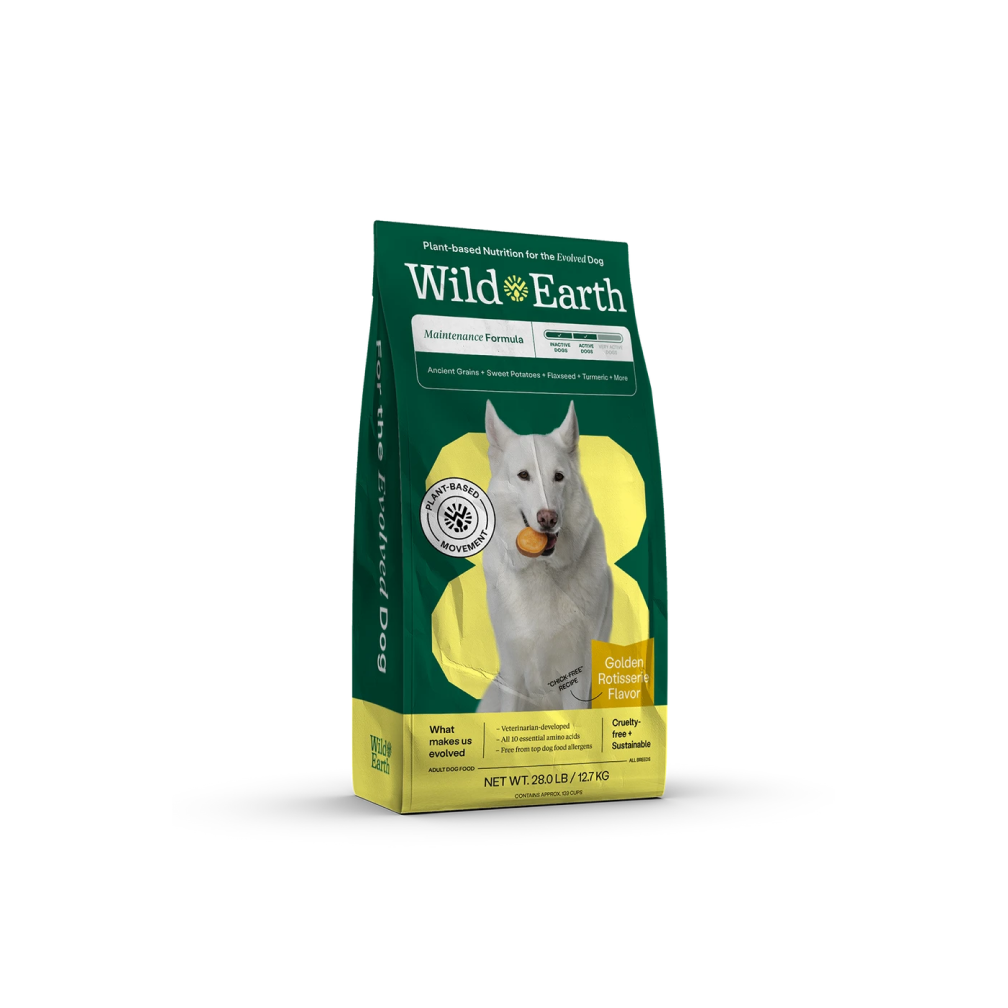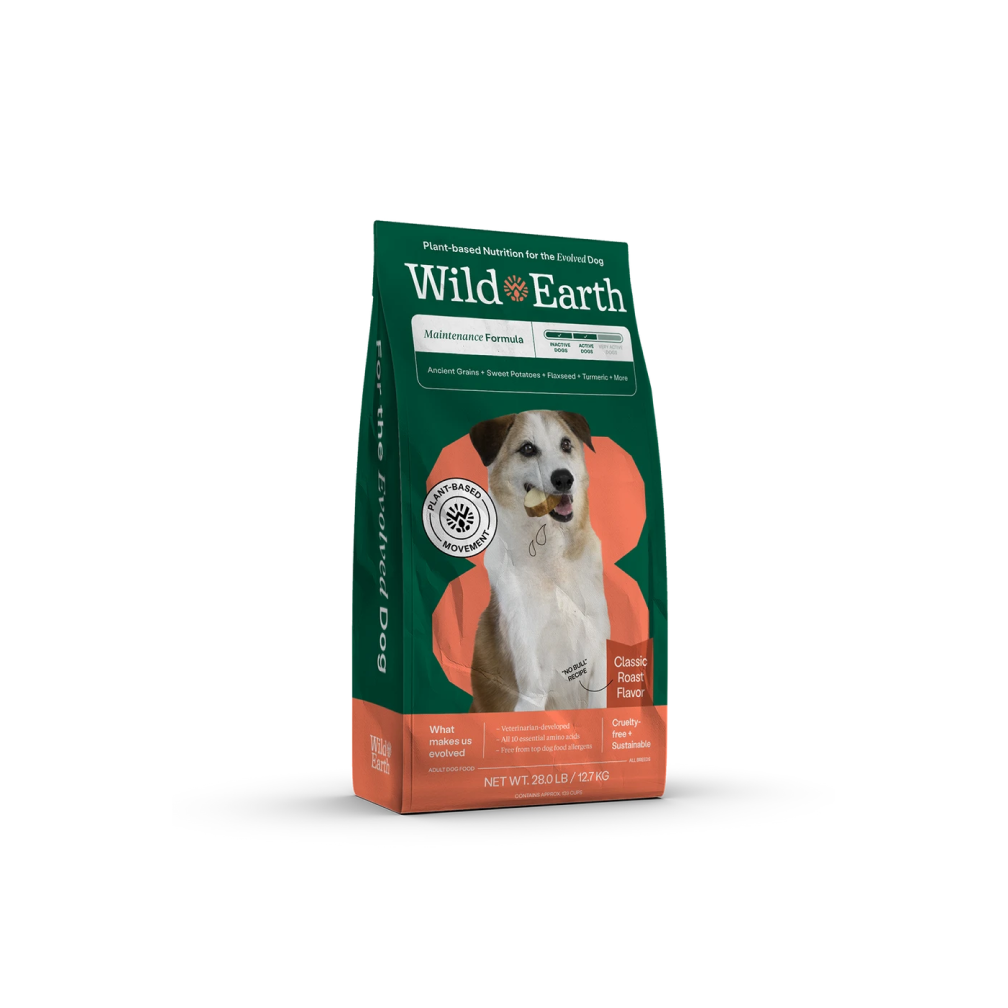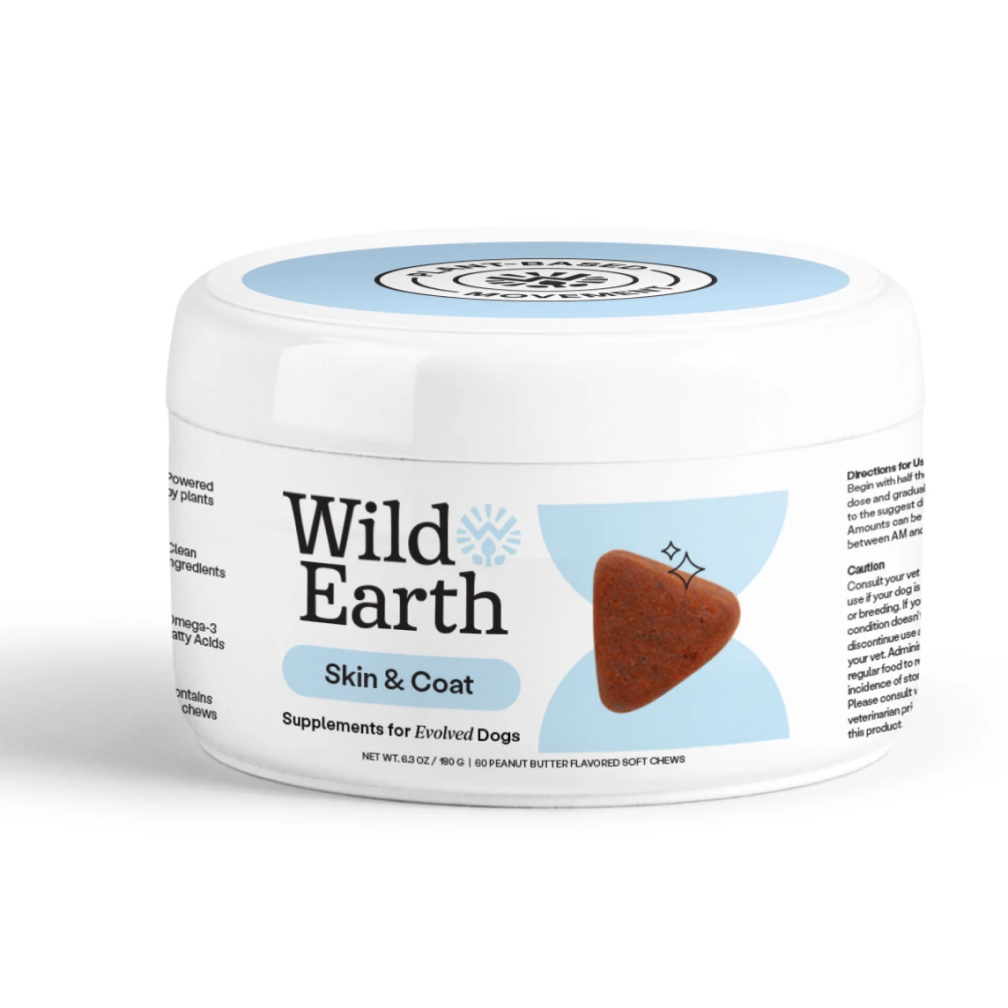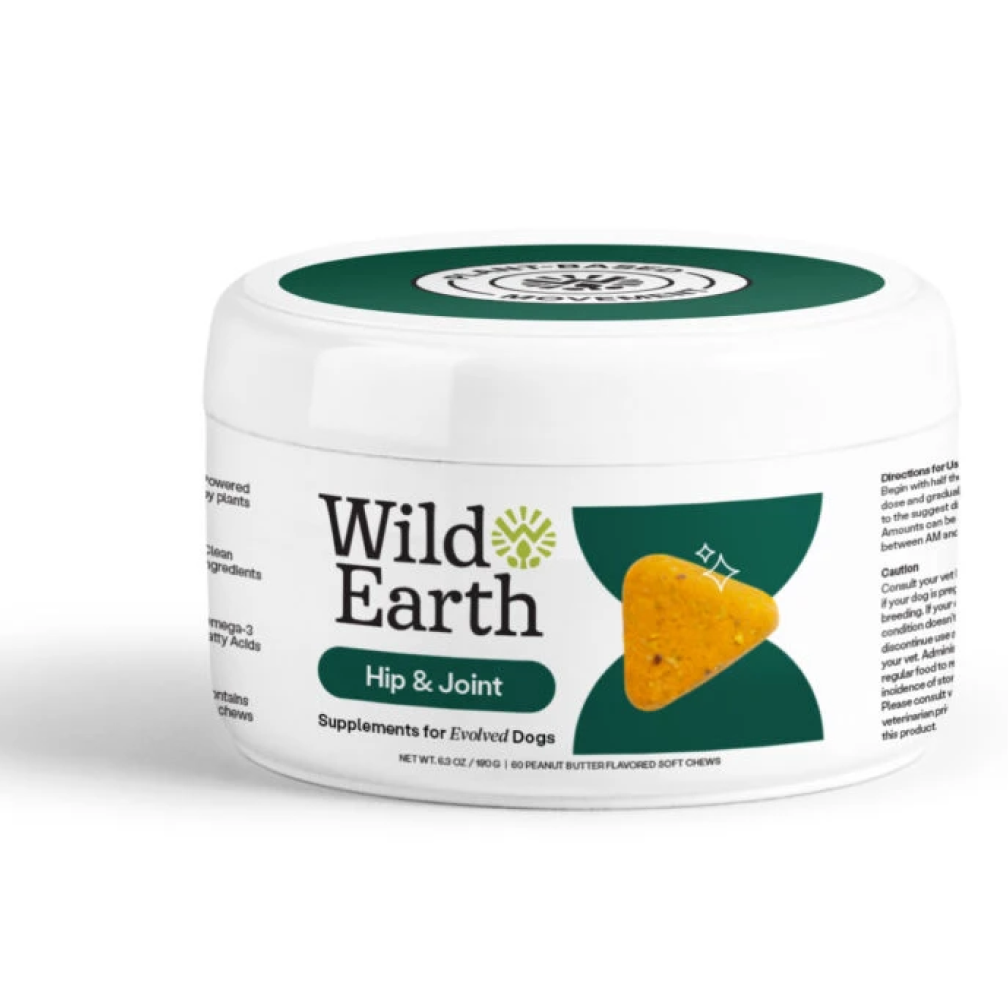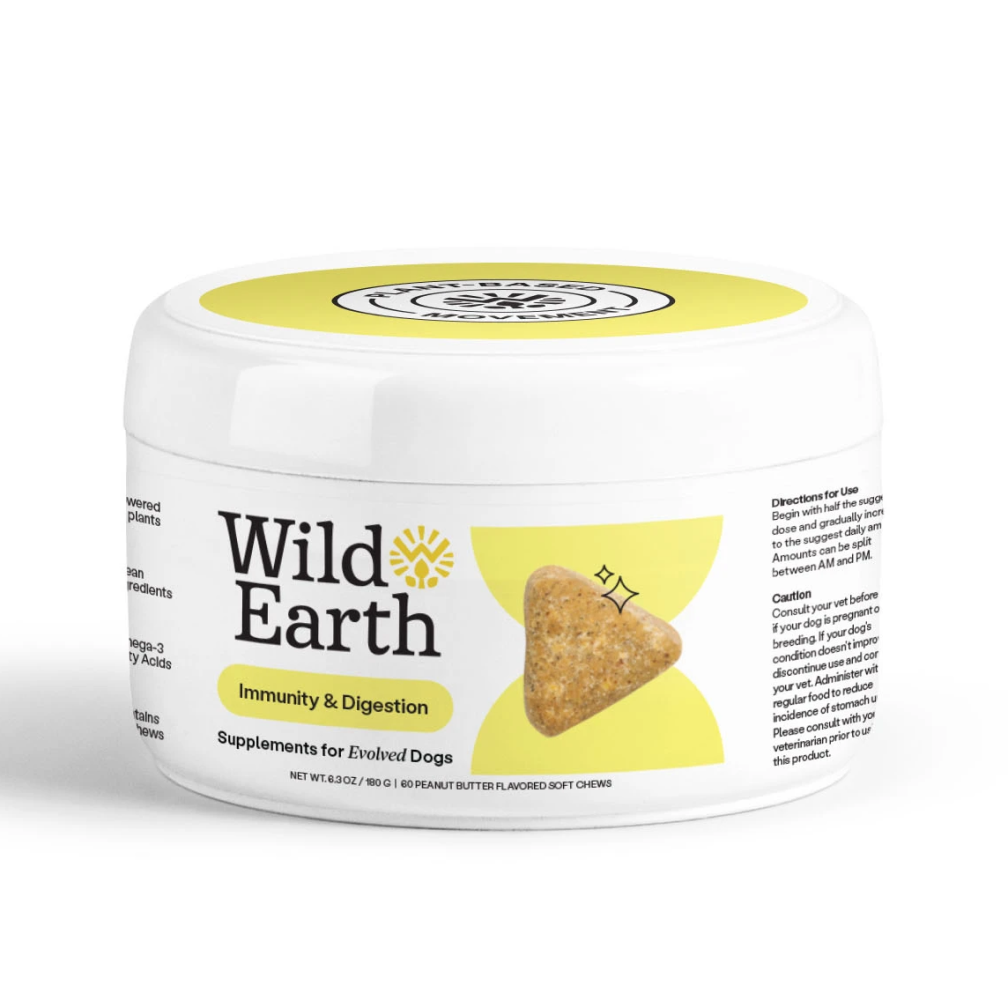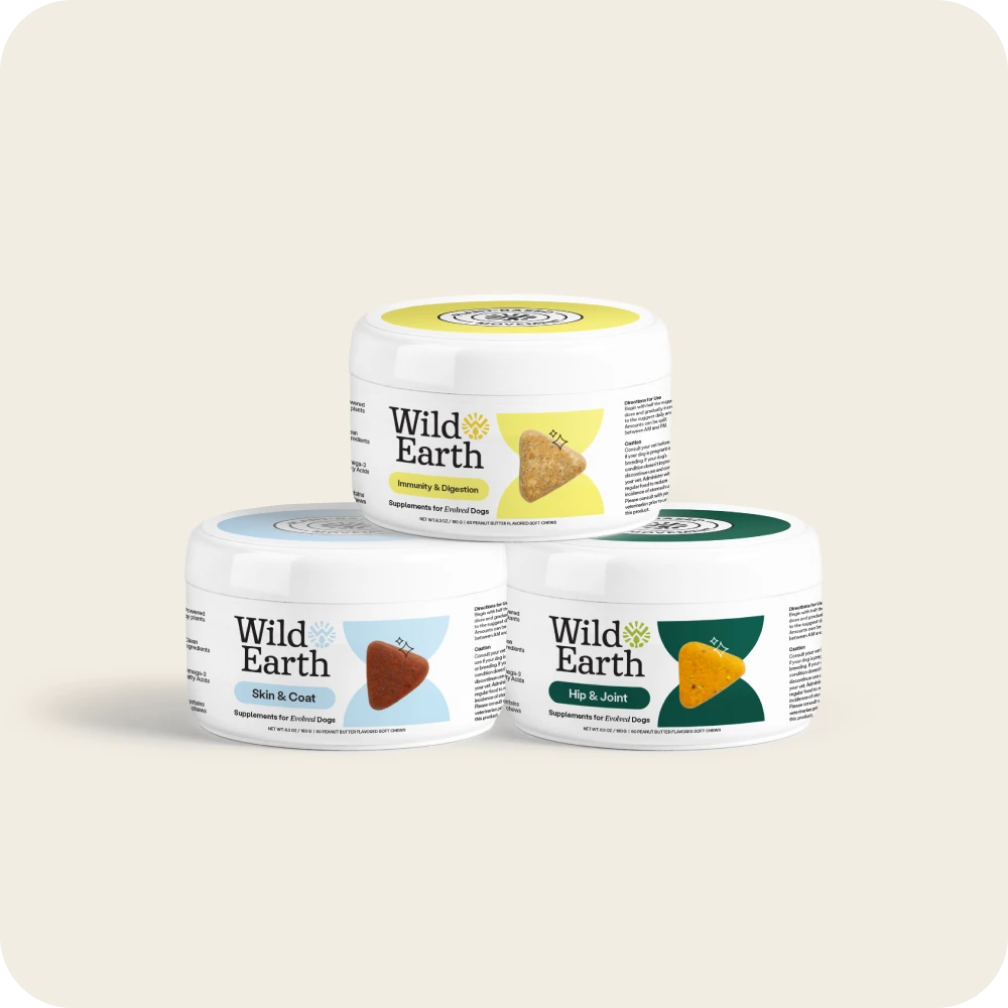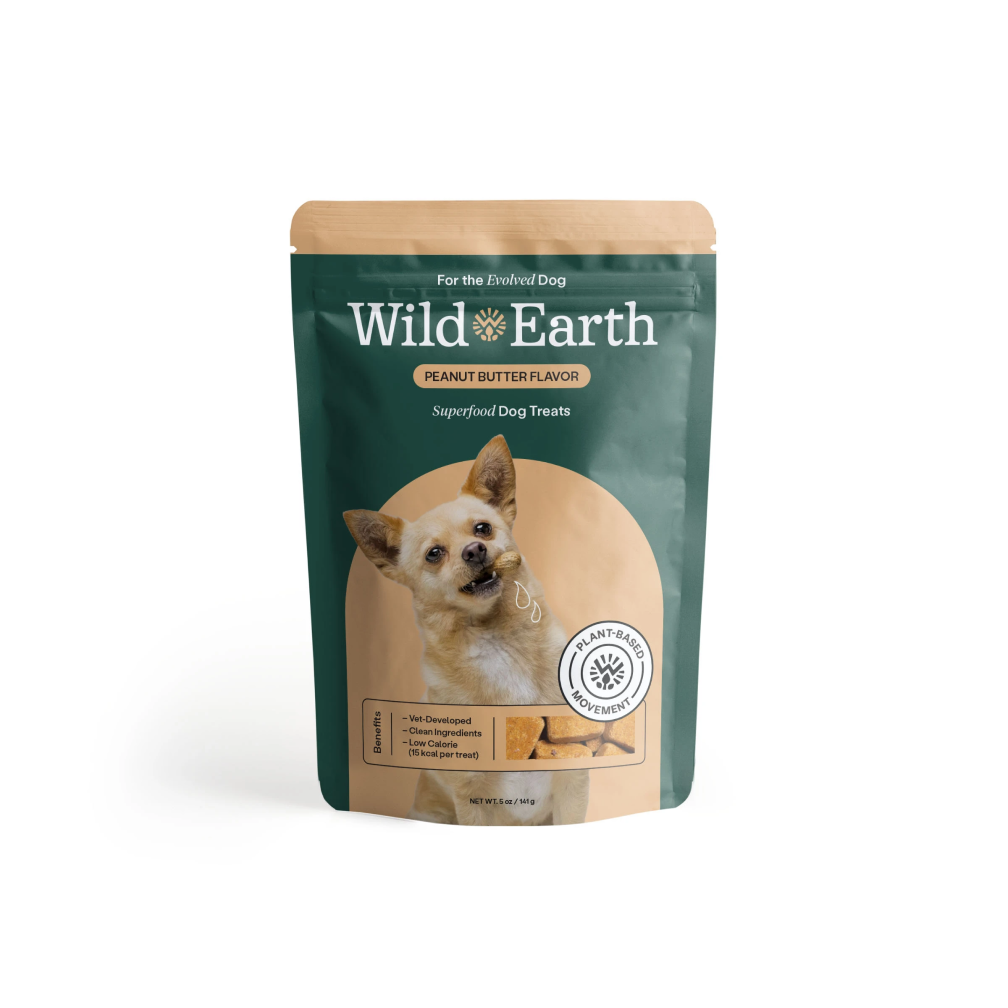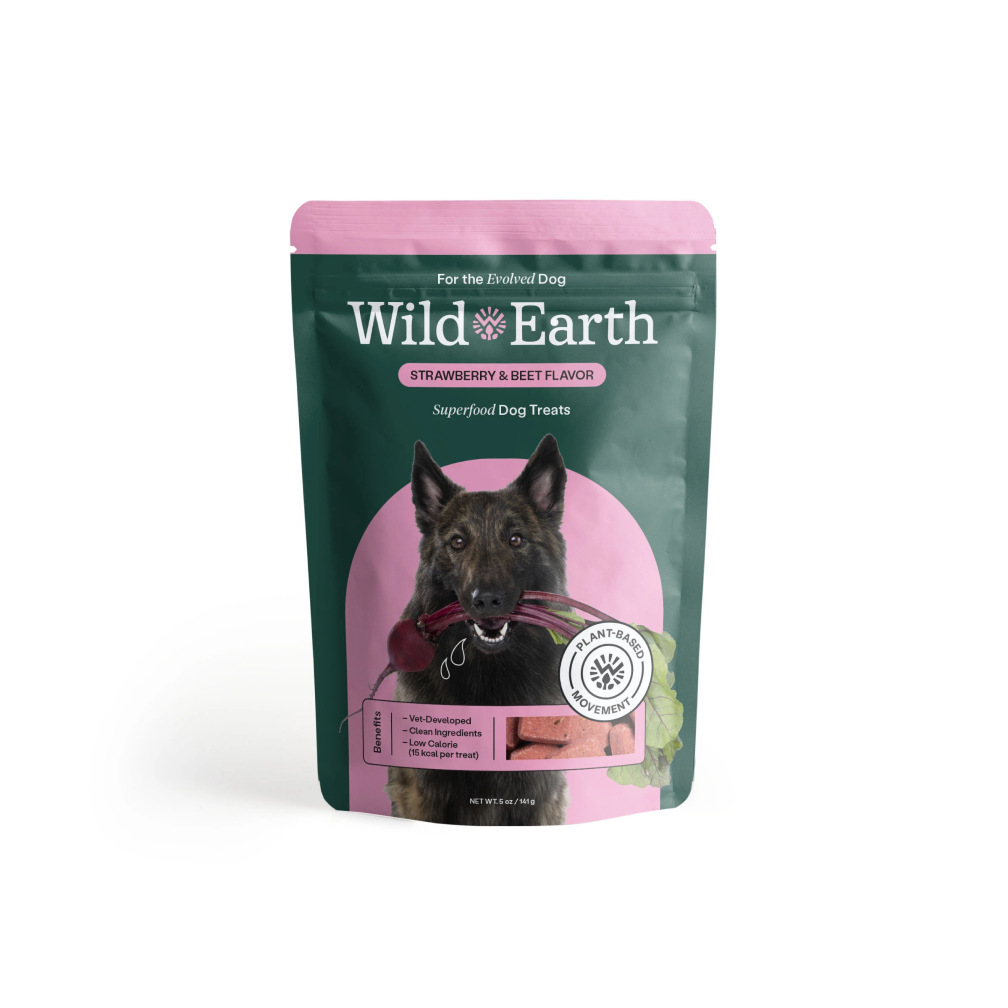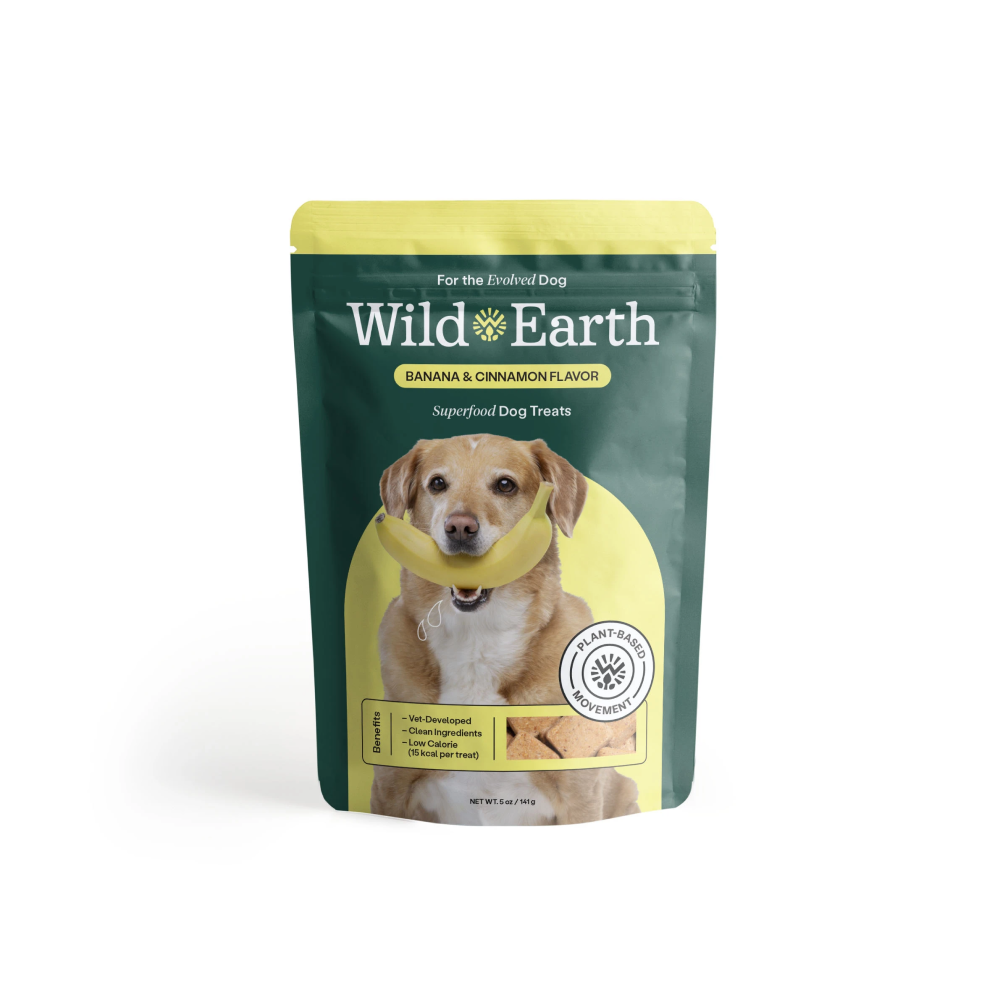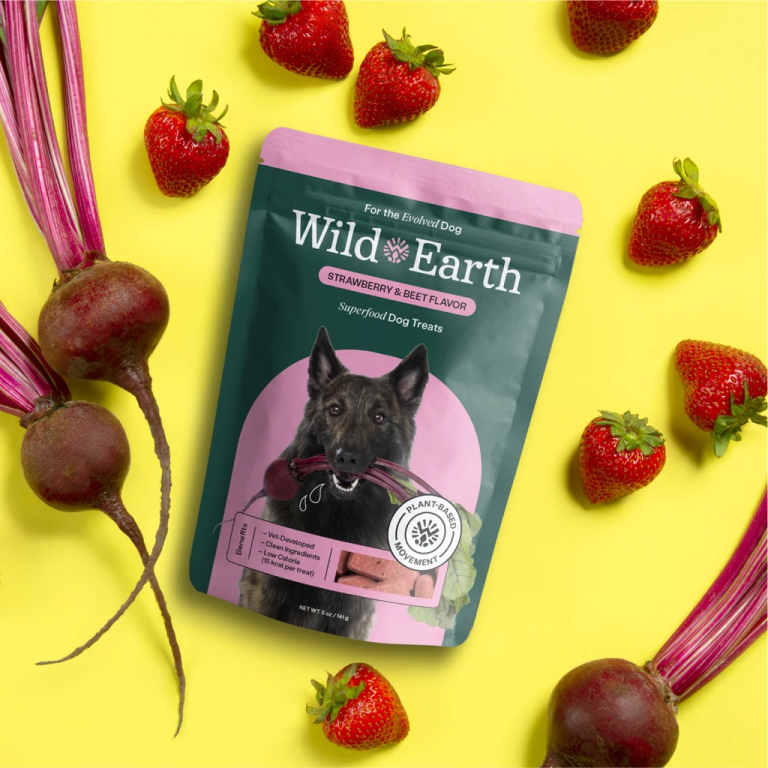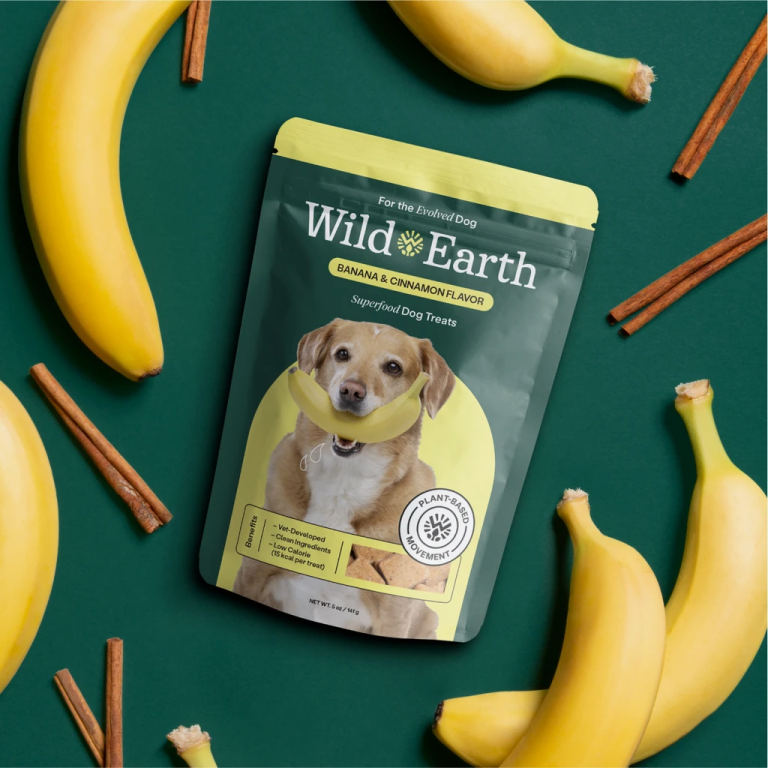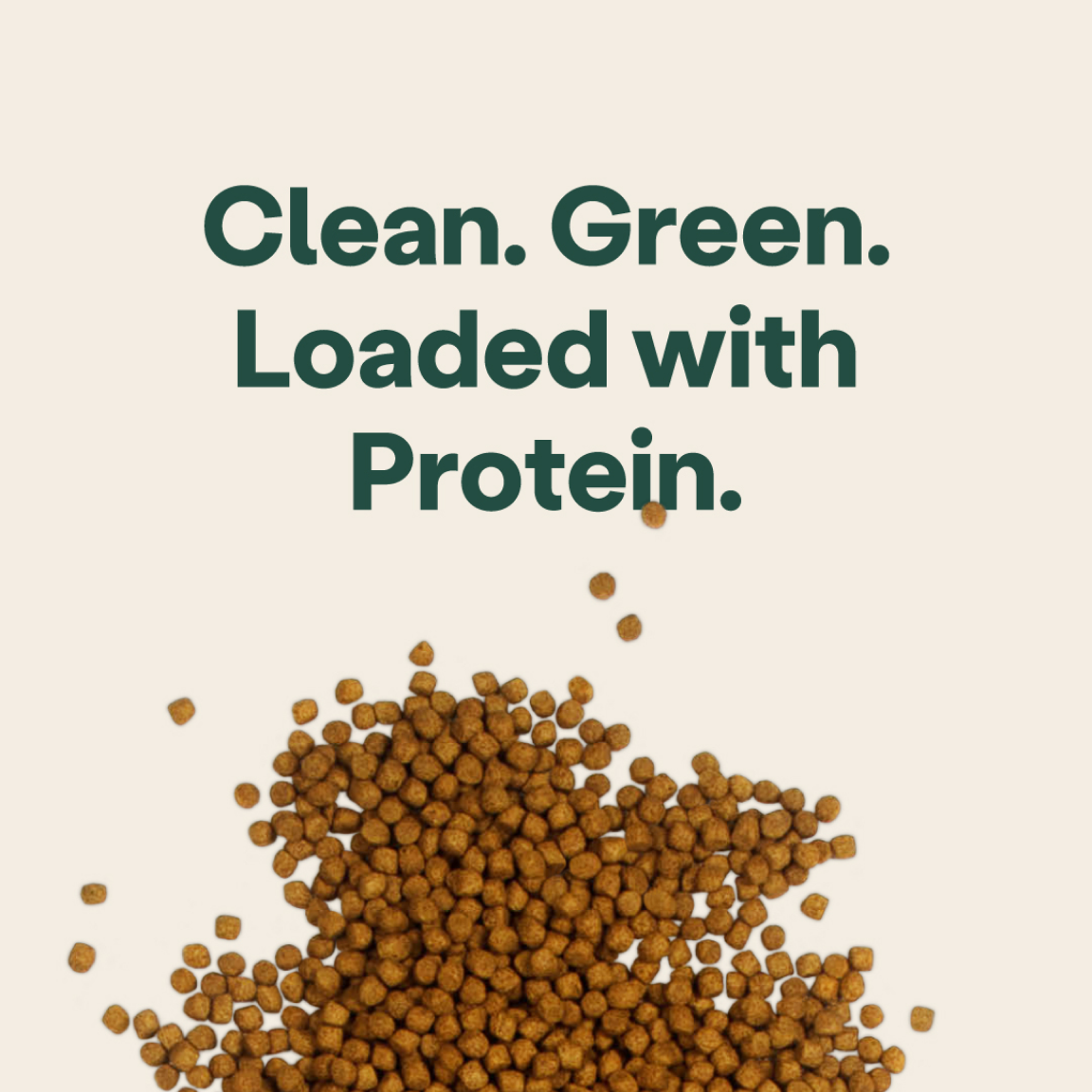Pickles can be a great snack for humans, but can dogs eat pickles? Many dogs enjoy the taste of pickles but in this article we will talk about the potential benefits of giving dogs pickles as well as if there are any risks involved. Let's learn more about dogs having pickles.
Can Dogs Eat Pickles?
Yes, dogs can eat pickles but because of the high sodium content in pickles, it is typically recommend that pickles are only given to dogs in moderation.
Many canines enjoy the taste of a good old fashioned dill pickle or sour-dipped gherkin pickle and as we will cover later on in this article there can be benefits to giving your dog pickle every now and then. However, before you go running out to grab some pickles for your dog make sure to learn about the risk involved with consuming too many salty foods like those found inside most jars of pickles.
Are Pickles Safe For Dogs?
Yes, pickles can be safe for dogs to eat as long as the pickle is not too salty. Pickles can add a crunchy taste that many canines enjoy and can help with digestion issues like constipation or diarrhea in some cases.
Pickles can also provide your dog with a good source of vitamin C and folic acid which are two necessary vitamins for canines to get their daily intake of from food sources each day. Pickles should only be given sparingly though because they have very high sodium content levels (some jarred brands contain around 150% of the average dog's recommended maximum salt intake). Over consumption of salt by any organism can lead to serious health risks such as swelling in the body, and other health issues.
It is recommended that you speak with your veterinarian before giving pickles or any new type of food to your dog.
What Are Pickles?
Pickles can be defined as cucumbers that have been fermented in brine, vinegar or even a syrup solution. Pickles can come in a variety of different flavors which can make picking a type of pickle for your dog more difficult. It is recommended that you only give your dog pickles that have a low amount of salt and don't have any dangerous additives or preservatives.
Benefits of Feeding Pickles To Dogs?
There are some benefits that can be associated with feeding pickles to dogs. One being the fact that they can provide a good source of potassium which can help regulate blood pressure and heart function in your dog's body. Pickles can also contain as much as five different types of vitamins, like vitamin K, B-complex group and Vitamin C. Other fruits and veggies that can provide your dog with vitamins range from bananas, strawberries, cabbage, cauliflower, or even cantaloupe.
Pickles can also have probiotics within them too which can be beneficial for both humans an animals alike because it provides digestive health benefits such as boosting immunity by improving intestinal flora balance. Your dog may enjoy eating pickles because many people find these type of vegetables crunchy or crispy but make sure you monitor their consumption because there is a chance they could lead to weight issues if consumed too often.
Risks Involved With Giving Dogs Pickles
There are a few risks to be aware of when giving dogs pickles. Too much can cause stomach upset and can lead to further health conditions that put your dog at risk. When giving your dog pickles as a treat, it's important you make sure they don't get too many pickles at once or on their own because this could potentially lead to digestive issues for them. It might also help to monitor how often you give them these treats so that they're not overindulged with too many of them.
Pickles are high in sodium which can lead to weight issues if consumed too often.
Some dogs might be allergic to pickles which can cause difficulty breathing and other symptoms like itching or skin irritation. If this is the case, your dog should not have any contact with them. Pickles can also contain certain chemicals which can make it difficult for a pregnant female dog as well as a nursing mother. It's important these animals do not eat any of these vegetables at all.
It is important to speak with your vet before giving pickles or any new types of food to your dog.
How To Serve Pickles To Dogs
If you plan on giving your dog a pickle as an occasional snack it is important that you only give them pickles that are low in sodium and don't have any dangerous additives or preservatives. Along with only giving them healthy pickles, it is recommended that you only give them very small pieces of pickles and monitor your dog for any signs of an allergic reaction, choking, or digestive issues. Pickles should only be given to your dog in extreme moderation. There are other fruits and vegetables such as strawberries, bananas, cherries, spinach, or cucumbers that can be given to dogs more frequently.
How Many Pickles Can Dogs Eat?
The occasional piece of pickle can be fine for dogs but you shouldn't plan on giving your dog large amounts of pickles on a consistent basis. Pickles should only be fed to your dog on an infrequent and occasional basis. Depending on the size and activity level of your dog, a small piece of pickle or a small slice every once in a while will be fine. You shouldn't plan on overfeeding pickles to your dog because the high sodium content and acidity can cause an upset stomach in most dogs.
Can You Give Dogs Pickle Juice?
Pickle juice isn't recommended for dogs because it is considered to be mostly salt, spices, and vinegar which doesn't provide any health benefits to your dog. The high level of sodium and spices are used to help preserve the pickles for extended periods of time but these ingredients aren't healthy options for dogs. For this reason, it isn't recommended that you give your dog pickle juice.
Can Dogs Have Pickles? Final Verdict
Yes, dogs can have pickles but only in moderation as a snack and if the pickles are low in sodium content. An occasional pickle can provide your dog with some health benefits but too much can also cause digestive discomfort and issues. It is recommended to provide your dog with a healthy diet based on dog food and only use fruits and vegetables as additional snacks.








